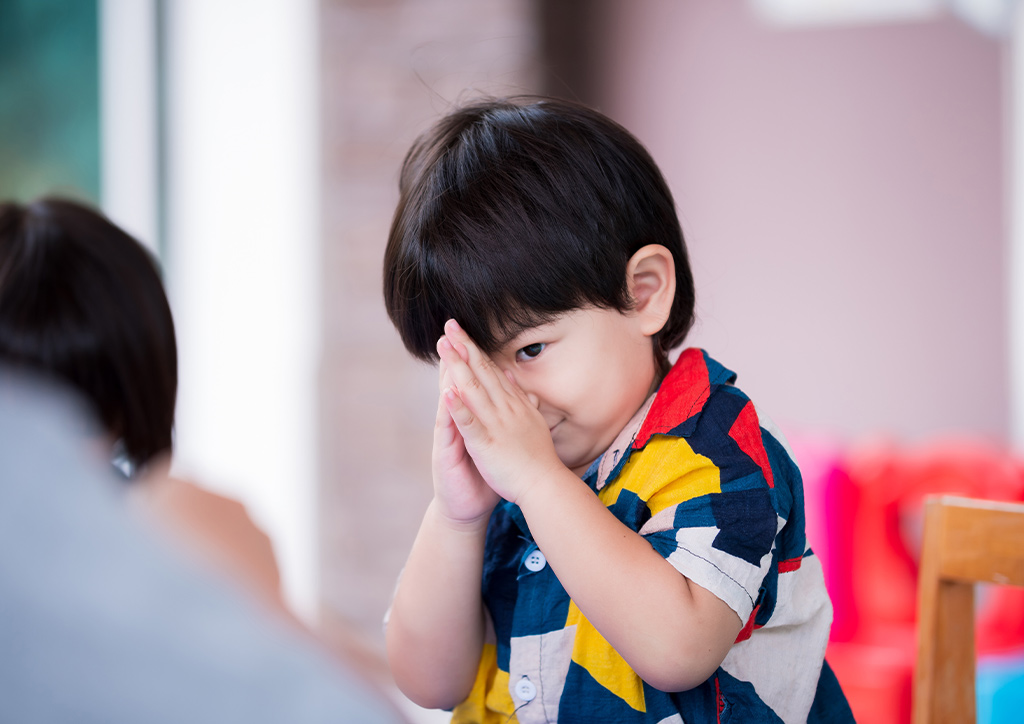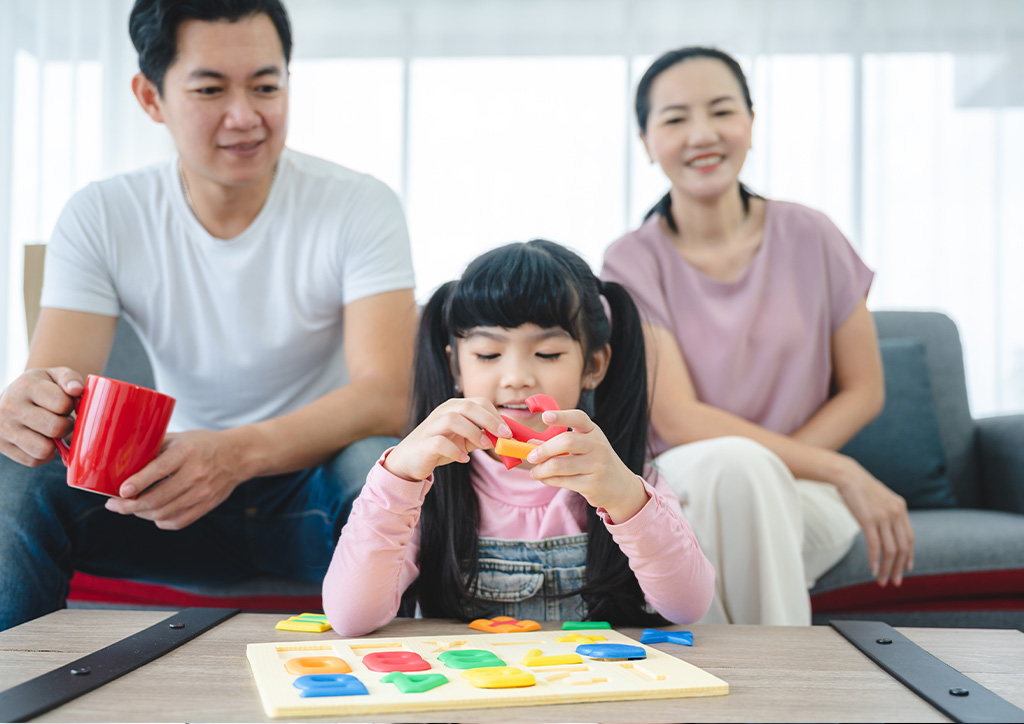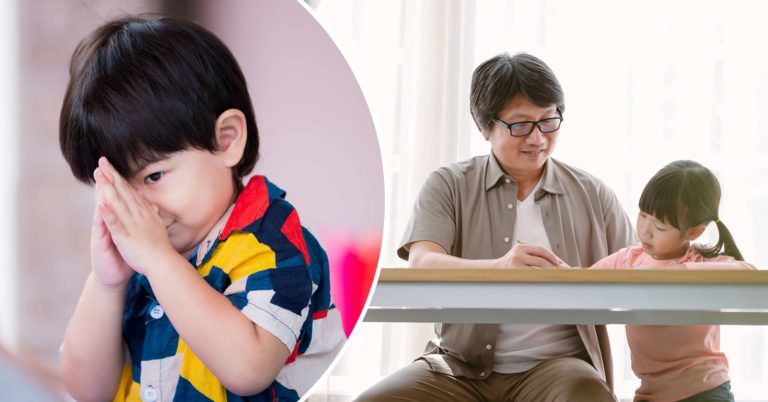Kids
‘Respect Begets Respect’: The New Way Of Teaching Kids
Teaching kids about respect shouldn’t involve power play anymore.
Respect is a big thing among Filipino families, especially when it’s demanded from the kids. But there is an unspoken hierarchy that is strongly influenced by age. Where the elders can never be wrong and children know nothing because they are younger. Unfortunately, the existing premise adds unnecessary pressure to both the elder generation and the younger one. And it twists the definition of respect into something more toxic and pervasive.
‘Respect’: How Do Filipino Families Define It To Their Kids
Respect or in Filipino, respeto, is a heavily weighted word in Filipino families which has several implications. Some of these implications include “staying silent” to preserve harmony instead of being problem-oriented in communication and solution. Rooted deeply in the virtue of “hiya“, this also involves not correcting older people even if it’s blatantly obvious that they are wrong.
The Unspoken Hierarchy in Filipino Families

Strongly influenced by age, the power distributed in Filipino families is usually based on wisdom, which we often define as “knowledge gained through experience and time”. Unfortunately, that same rule becomes problematic, especially with how fast things evolve and how easy it is to fact-check nowadays. Knowledge decays so quickly that many people get confused about what to believe.
It’s also this premise that gives unnecessary pressure on elders and children. Elders, bearing the responsibility to lead the family, are more unforgiving with themselves. Thus, they’re more prone to gaslighting people because there’s that ceiling where they must be perfect. This also extends to parents. While children, on the other hand, end up continuing the toxic cycle because they are taught that their thoughts hold no weight at their age. Statements such as “Tahimik ka lang, bata ka lang!” or “Shut up!” or “What do you know?” consistently shut down our children’s attempts to establish boundaries and independence.
How To Teach Respect To Kids
Perhaps, we’re better off showing respect to our kids rather than just teaching it. Teaching involves a lecture that usually goes in one ear and out the other. Here’s what we can do to show and teach our kids respect:
1. Respect them the same way you want to be respected
“Do unto others what you want others to do to you” applies even with kids. By giving your kids the space to talk, they too will respect that and give you space to talk. Talking back will be a lot less especially when they realize that the space you’re giving is “safe” for them to express their feelings.

2. Remind yourself that they’re not mad at you but more at the idea
In the heat of the moment and rage, it’s easy to think that kids disrespect their parents because they hate their parents. But in reality, it’s not. Their distaste and disgust are more toward the idea. Our kids explaining to us how they want us to talk to them isn’t undermining our ability as parents. In fact, it should be a bonus because now we don’t have to read their minds!

3. Mantra: “Respect is respect. Not an exercise of power.”
Having a mantra and repeating it in front of the mirror can subconsciously influence how we behave. A lot of times, people perceive defiance and disrespect as “stealing one’s power”. But it’s high time we define respect as “refining one’s boundaries without stepping on others”. Reminding ourselves that in the mirror can help keep our emotions calm when someone or our kids are asserting themselves.

4. When someone makes a mistake, don’t shame
The majority of the reason why we gaslight or prefer sweeping things under the rug is that we’re quick to shame others. Although it’s easy for us to rationalize that we’re just “telling the truth”, we have to take a step back and check if the truth is what our kids or whoever needs to hear at that moment in time. In the heat of the moment, the truth can be seen as a weapon instead of a learning experience.

5. Restrain our biases
We all have our biases and when confronted with something that doesn’t fit, we’re quick to shut it down. That phenomenon is known as confirmation bias wherein we only listen and absorb information that fits our worldview. However, these biases do not control us. Rather, we control it. So when there’s a thought that contradicts our existing information, it’s okay to ask our kids about it. What may be common sense to them may not be the same for you and vice versa.

Respect is a Two-Way Street For Parents and Kids
If we want our kids to respect us and others, we need to do the same for them. From making sure our tone is controlled and neutral to the choice of words being more inquisitive, these are things our kids learn from us when it comes to respecting others. While there are a lot of things we can talk to them about, respect is just one of those few virtues that are best done by showing rather than telling.
More about kids? Check these stories out:
Do Your Kids Have A Sweet Tooth? Here’s How To Manage It
How Utang ng Loob Made Filipino Families Toxic
Gaslighting: What It is and How Parents Can Avoid It





